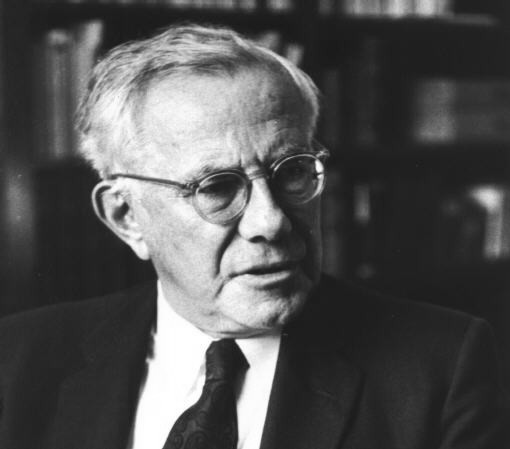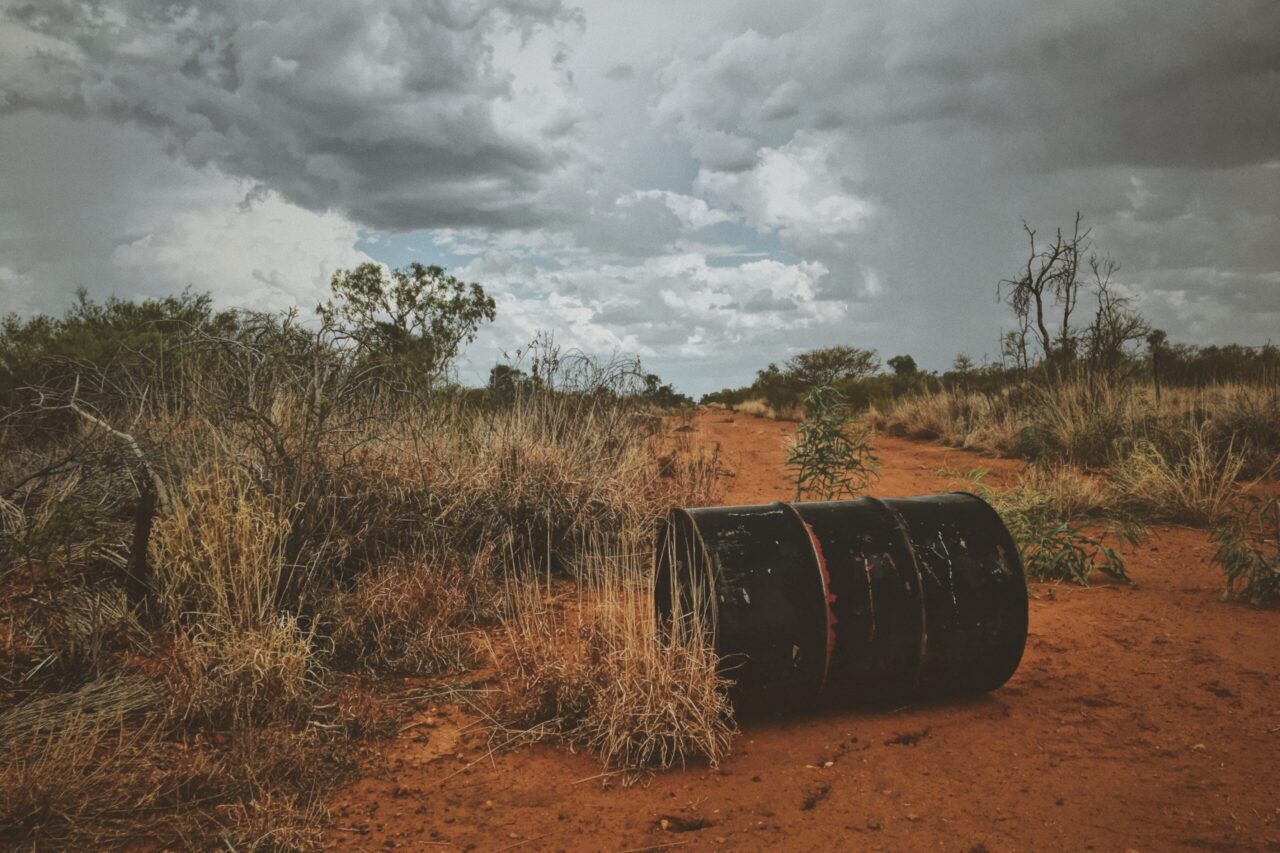In the middle of the twentieth century, German American philosopher and theologian, Paul Tillich wrote of what he called, “the three types of anxiety”. He identified these primary anxieties as the anxiety of “fate and death”, “meaninglessness and emptiness”, and “guilt and condemnation”.[1]

Tillich argued that while these anxieties are present to varying degrees in each of us and in our culture, they become heightened by rapid changes and are especially evident when a culture reaches the end of an era. One can’t help but wonder if the current pandemic has set in motion such an era-ending time.
COVID-19 has left many feeling bereft of some of the most fundamental human needs; safety and security; feelings of contribution, purpose, and fulfillment; and the love and acceptance that comes from belonging and being connected in our communities. These experiences of loss can be genuinely scary, leading many to move into a state of ‘crisis management’, which can also seep into our prayer lives. Without intending it, these kinds of prayers can be our subtle way of regaining control, bringing our task lists to God in the hope he might oblige and change our circumstances.
As we have seen, prayers of lament are needed, right, and good. We must name and take ownership of where we are if we want to move forward in health. However, lament is not the final word on prayer in times of crisis. If you look at prayers prayed in the letters of the New Testament, very little time is spent praying for the specific circumstances the churches are undergoing, and many of them were going through some pretty treacherous stuff: Persecution, ostracization, and separation from the very family and social structures that represented their safety and support.
Still, no prayers are recorded for an end to persecution, the dethronement of the emperor, or an end to the civil unrest that these early Jesus communities experienced. Instead, Paul prays that his churches would experience patience in suffering (Rom 12:12), comfort and endurance through suffering (2 Cor 1:3-7), power, which is brought into perfection through weakness (2 Cor 12:7-9a), abounding love, knowledge, deep insights, freedom from anxiety, and transcendent peace (Phil 4:6-7). Both Peter and James also begin their letters recognizing the link between enduring difficult circumstances and developing into Christlikeness (1Peter 1:3-9, James 1:2-16).

It seems there is something in the nature of suffering which creates the fertile ground out of which new creation can blossom.
This new creation ushers us into a restored reality: The Christ reality which doesn’t always come and transform what we see, but instead transforms the very nature of how we see. Like so much of Christ’s teaching, this ‘upside-down’ wisdom boldly declares that the path up is really the path down, and that true life emerges when the old one comes to an end.
This Christ-reality is the only reality that could, as James said, see moments of crisis as pure joy because of the deep work they are accomplishing in us (James 1:2). Though the grace and formation of our spiritual growth is undoubtedly the work of The Spirit (thank goodness!), God has given us the dignity of choosing whether we stay in the flow with His Spirit, actively resist His Spirit, or passively ignore the moving and guiding of His Spirit.
In times of difficulty and loss, our first instinct is often to tighten our grip, hoping to regain a sense of control over our lives. Experiencing the anxieties that come from the loss of work, income, and disconnection from our communities can be genuinely scary, and unnerving. From one point-of-view, squeezing tightly to what we still have, stocking our cupboards with toilet paper and food, and longing for the world to simply “go back to normal” seems to be the most reasonable and rational response.

Still, I can’t help but wonder if we are being invited to something more.
More than the holding, the clinching, the tightening of the fists. What if the very things that we resist turning loose of are the things keeping new life and deeper growth from entering our world? What if we could, as James and Peter asserted, began to see something as difficult and troubling as COVID-19 as an amazing invitation into an ever-deepening spiritual life?
Could we have our spiritual eyes re-made to such a degree that we could begin to make room for the suffering and even welcome it?
In my experience of walking through many personal and shared moments of crisis, no prayer practice has helped develop these “new eyes” quite like Thomas Keating’s “The Welcoming Prayer”. It might be unfamiliar, but I invite you to try it. In truth, it is a resigning to God’s Kingdom coming into all areas of our being, and its purpose is to aid us in the process of dying. But it’s the kind of dying that ushers in the true, full, and abundant kind of living.
Practice
The Welcoming Prayer
Welcome, welcome, welcome.
I welcome everything that comes to me today
because I know it’s for my healing.
I welcome all thoughts, feelings, emotions, persons,
situations, and conditions.
I let go of my desire for power and control.
I let go of my desire for affection, esteem,
approval and pleasure.
I let go of my desire for survival and security.
I let go of my desire to change any situation,
condition, person or myself.
I open to the love and presence of God and
God’s action within. Amen
Helpful tip: Try praying this prayer while sitting quietly with a cup of tea or coffee. Read it several times slowly, reflecting on each phrase. Ask the Holy Spirit to speak to your heart, mind, and body and to illuminate the invitations that are here for you today. As with most things, profound change rarely happens overnight, but new roads are made by the walking of paths over long periods of time.
Reflections questions:
- What is my response when I feel unsafe and insecure?
- How do I cope when I’m not in control?
- What is my response when others don’t give me the affirmation or attention I desire?
- How do I feel when I am not able to be useful, productive?
Bring prayerful awareness to these questions as you go through your various interactions this week, paying attention to what arises in you. You might consider making some notes as thoughts come to you.
[1] Tillich, Paul. 1952. The Courage to Be. New Haven: Yale.








Comment